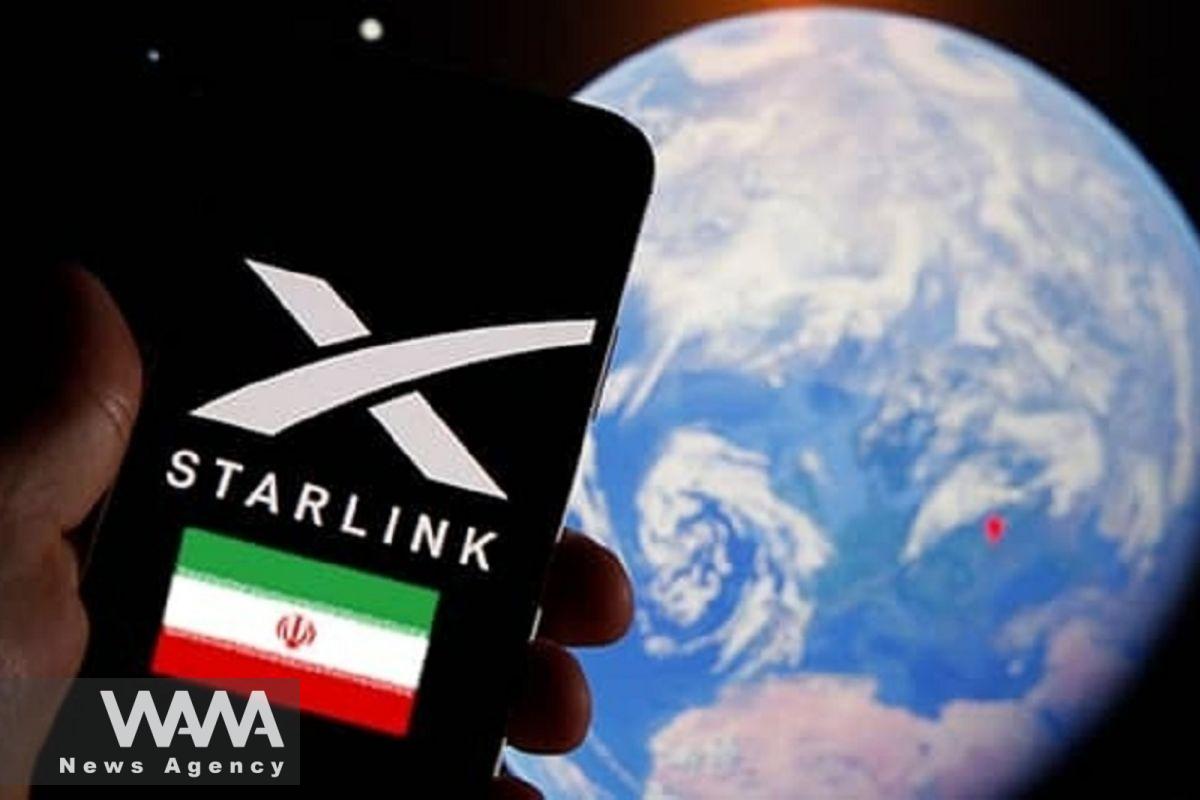ITU Reaffirms Iran’s Territorial Rights on Starlink Issue
WANA (Apr 09) – In its recent session, the International Telecommunication Union (ITU) rejected a letter from the United States and stated that Starlink must comply with the ITU’s resolution regarding respect for Iran’s territorial rights.
“We do not provide Starlink satellite internet within Iranian territory without receiving permission, but tracking down smuggled devices is not our responsibility,” the U.S. had responded to the ITU, in reference to Iran’s call for respecting its territorial laws regarding Starlink operations.
However, in its latest session, the ITU dismissed the U.S. claim and affirmed that under international regulations, even the identification and deactivation of unauthorized devices operating within Iran falls under Starlink’s responsibilities.
Back in 2021, Iran had initially welcomed the idea of satellite internet and issued landing rights to satellite internet providers, including Starlink. Following that, through a technical and legal process, Iran requested the ITU to ensure these operators — especially Starlink — respect Iran’s territorial sovereignty.
The ITU accepted Iran’s legal request and ruled that Starlink must (1) not provide services within Iranian territory without authorization, and (2) under international regulations, identify and deactivate unauthorized terminals inside Iran.
The United States responded by accepting the first part of the resolution but rejected responsibility for identifying devices. In a letter signed by both the Federal Communications Commission (FCC) and the U.S. Department of State, it stated: “Enforcing Iran’s border and customs laws is beyond the mandate and mission of the ITU.”
In the most recent session of the Radio Regulations Board (RRB), held from March 17 to 21, the ITU expressed regret over the U.S. response and clarified: “The request by the Islamic Republic of Iran pertains to the deactivation of terminals operating without authorization within Iranian territory. It is not about harmful interference with systems, excluding territories from satellite service areas, or enforcing border and customs laws.” The ITU then called on Norway — as the country where Starlink is registered — to take immediate action to identify and deactivate unauthorized devices in Iran, noting that “according to publicly available and credible information, such actions have been taken in several other countries.”
At Iran’s suggestion, the ITU also approved the creation of a dedicated web page to publicly share decisions and resolutions regarding Starlink, so other countries can stay informed.
It is worth noting that countries such as India, Pakistan, and Vietnam have also recently required Starlink to obtain official licenses from their respective governments before offering satellite internet services within their borders.












